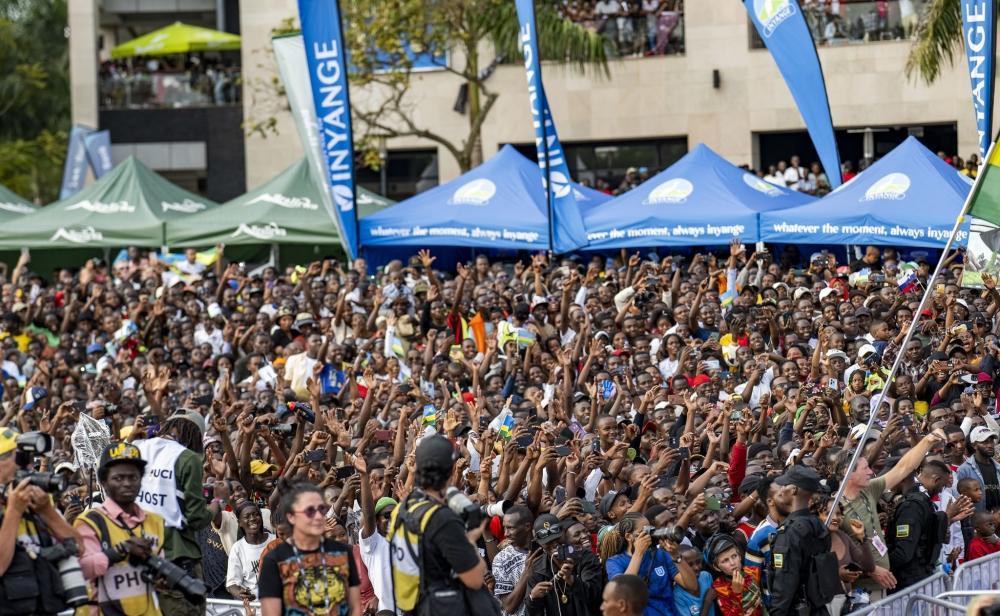Africa-Press – Rwanda. The UCI Road World Championships have come to a close. Rwanda delivered a historic event, and like any major moment, it left us with memories, lessons, and questions. For service providers, the biggest question is this: what did our customers experience, and what are they saying about us?
In today’s world, customers have more choice than ever. Even in Kigali, a market that may look small on the surface, people are not captive. They can choose one restaurant over another, one hotel over another, one hospital, one bank, or even one country. And if they don’t feel cared for, they will move on. Too often, businesses act as though customers have no alternatives, treating them as an afterthought. But the reality is the opposite: people are more vocal, less patient, and far quicker to take their loyalty elsewhere.
Feedback is not a nuisance. It is free market research. The comments customers leave, whether in conversations, on surveys, or online, are insights into your business. If one guest complains, you can dismiss it as opinion. But if the same issue is raised repeatedly, it is no longer opinion, it is a mirror reflecting your service standards. The question is: are you brave enough to look?
And then comes the real test: what do you do with the feedback? Collecting forms, reviews, or suggestions is useless if nothing changes. Actions speak louder than surveys. If customers tell you service is slow, will you add training, change processes, or empower staff to act faster? If they say communication is vague, will you improve your updates, tone, and transparency? Listening without acting is like cycling without pedalling; you’ll get nowhere.
I remember giving feedback to a certain hotel. Their reply looked polished, but it was clear they had copied it from ChatGPT. It felt inauthentic. Worse still, they promised to take action, but nothing changed. And this is where feedback links directly to internal culture: if you ignore the suggestions of people who pay you, will you really act on the suggestions of the people you pay? Guests notice when promises don’t turn into action, and employees notice too. A culture of ignoring feedback always shows.
This is especially urgent now. Rwanda is making bold moves into sports tourism and international hospitality. The LA Clippers deal and the LA Rams Rwanda partnership, making Rwanda the first African tourism brand to sponsor both an NBA and an NFL team are signals that the world is paying attention. But attention brings pressure. Global guests arrive with global expectations. They compare their experiences here with what they’ve seen in Dubai, Cape Town, or Paris. To meet and exceed those expectations, we must raise our service standards. That means using the voice of the customer as our compass.
Customers will tell you where you stumble. They will tell you when you shine. The smart service provider doesn’t wait for quarterly reports, they listen daily, humbly, and with curiosity. Every comment is a chance to improve. Every complaint is a chance to prevent 10 more. Every compliment is a standard to repeat.
So, I leave you with this: when your customers speak, do you hear noise or do you hear truth? Do you see criticism, or do you see opportunity? Because the voice of the customer is not just feedback, it is the roadmap to relevance, loyalty, and growth. And in a world where competition is fierce and attention is short, those who listen and act will always ride ahead of the pack.
The writer is a certified hospitality trainer and Founder of Outstanding Solutions Afrika, a boutique hospitality and tourism consulting firm dedicated to transforming service excellence.
For More News And Analysis About Rwanda Follow Africa-Press






